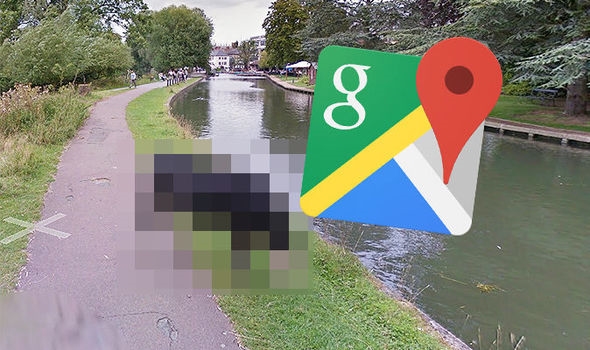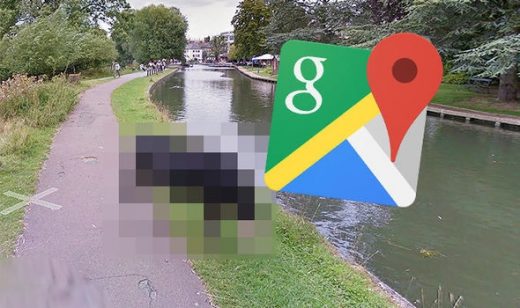Activist Wants Appeals Court To Scrap Google ‘Street View’ Privacy Settlement
Activist Wants Appeals Court To Scrap Google ‘Street View’ Privacy Settlement

An activist who opposed Google’s privacy settlement over data collection by “Street View” cars is now challenging a trial judge’s decision to approve the $13 million deal.
Musician David Lowery — represented by activist Ted Frank of the Center for Class Action Fairness — this week initiated an appeal by filed papers with the 9th Circuit Court of Appeals.
The deal, approved by U.S. District Court Judge Charles Breyer in San Francisco, resolves a lawsuit dating to 2010, when it first emerged that Google’s Street View cars had collected private information — including passwords, emails and URLs — transmitted over unencrypted WiFi networks.
The settlement requires Google to pay around $10 million to nonprofits that promote online privacy. Breyer ordered the settlement fund split between nine groups — the Center on Privacy & Technology at Georgetown Law, Center for Digital Democracy, MIT Internet Policy Research Initiative, World Privacy Forum, Public Knowledge, American Civil Liberties Union Foundation, Consumer Reports, the Electronic Privacy Information Center and the Rose Foundation for Communities and the Environment.
The settlement also requires Google to destroy some data collected by its Street View cars, and to offer online information about how to encrypt WiFi networks. The attorneys who brought the lawsuit stand to receive around $3 million.
Lowery had argued that the settlement money should be distributed to people whose data was collected, as opposed to outside organizations. He also said he objected to some of the recipients — including Public Knowledge and the ACLU — which have taken positions he disagrees with on copyright battles.
Lowery noted that Public Knowledge opposes a proposal he supports for “copyright small-claims court” — referring to the proposed CASE Act. That controversial bill would allow copyright infringement lawsuits to bypass federal court, and provide for damages of up to $30,000.
A group of nine state attorneys general also weighed in against the proposed settlement.
Breyer rejected the attempt to scuttle the deal. He said in a ruling issued last month that distributing money to nonprofits was more feasible than trying to distribute the funds to individual web users. He noted that around 60 million people were affected by the data collection — meaning each class member would only receive 22 cents, if the fund was divided evenly.
News at the beginning of the last decade about Google’s WiFi data gathering prompted investigations into the company, in the U.S. and abroad. In 2013, Google agreed to pay $7 million to settle with more than 30 state attorneys general who were investigating the data collection. The company also was fined $25,000 in 2012 by the Federal Communications Commission for failing to cooperate with that agency’s probe.
Lowery is currently scheduled to file a first round of substantive arguments with the 9th Circuit by July 13.
(2)


